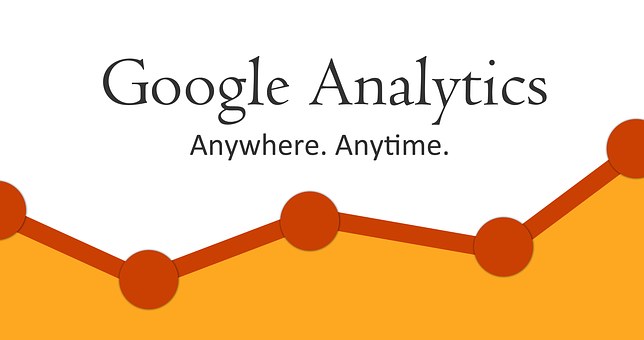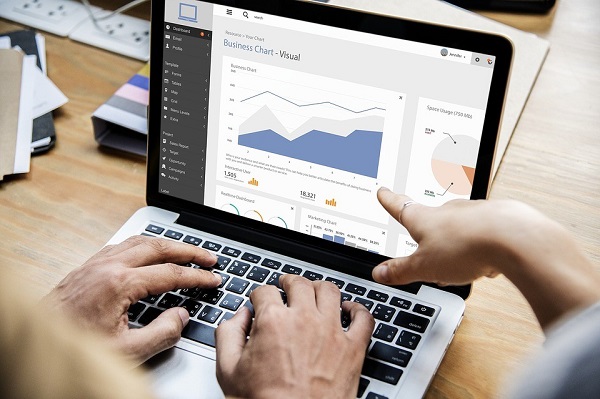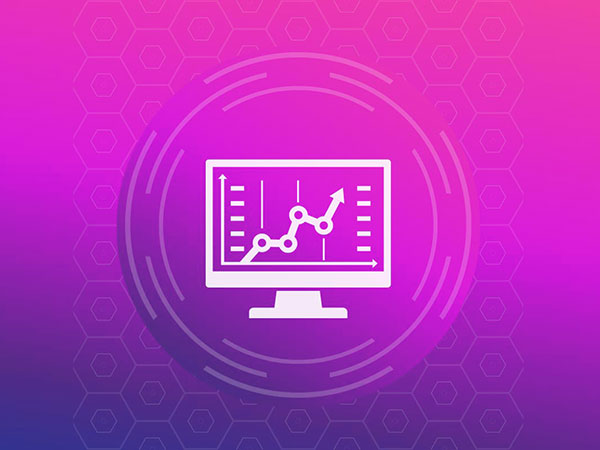As you surf the internet, you leave a trail of invisible big data in your wake. Logging into Facebook, clicking over to a news website, or shopping on Amazon leaves breadcrumbs that many websites funnel into data collection. Big data is big business not only for online commerce and marketing, but also for organizations that dig into those analytics to craft a better customer journey.
In many cases, the data collection that occurs in your web browser translates into a better user experience. It populates passwords, pulls up local recommendations, and allows your browser to serve you the most relevant response to your questions. But mining your personal data and online behavior can also fulfill a second purpose for search engines and websites. Often data becomes a commodity sold to third parties who utilize it in a myriad of ways.
Let’s explore how the push to gather big data leverages your browser behavior and how you can better control your digital footprint online.
How Your Browser Collects Big Data
The moment you open that browser window to the wonderful world of the internet, some of your personal information inevitably escapes. From your Google search history to places you check into on Facebook and Instagram, your unique digital footprint can give away not just your location, but also basic demographics, sexual preferences, and even political leanings.
When you visit a website and click a box to accept cookies, you may not be aware of how big a bite those sites take into your private information. The following kinds of data can be queried and shared when you click through and accept those deceptively delicious-sounding cookies.
- IP address
- location
- browser type
- operating system
- screen resolution
Sometimes even the kind of device you’re using can be determined through something called browser fingerprinting. And as you surf the site and shop or read, analytics are busy behind the scene collecting and compiling information about your preferences and behavior. If you don’t clear the cookies from your cache or history when you leave, that data can follow you from site to site in your browser, serving up targeted advertisements and custom content. When you revisit a site, cookies help the website recognize your unique internet footprint and deliver results based on the data it previously collected. This data can be extremely helpful, like what was in your shopping cart, but it can also be a little disconcerting to realize how closely you’re being tracked.
Most websites and social media platforms have detailed, transparent policies about how they use, share, and sell this data. But these privacy policies are usually lengthy, full of legalese, and often have vague guidelines that give sites a lot of leeway for how they collect and use your data.
Data Collection: Convenience vs. Privacy
While big data may sound scary, it’s one of the things that power the convenience and ease of use we encounter on the internet. The algorithms that predict text, serve up related content or make product recommendations are all based on oodles of data collected about the behavior of users like you.
No matter how zealously you guard your identity online, cookies and browser fingerprinting do eat away at our data privacy. And big data isn’t just currency corporations and third parties use to market services and sell products. Data collection can also expose private or personal details you had no intention of sharing, such as sensitive health information.
Finding the balance between user convenience and personal privacy is important. Despite the prevalence of big data, it’s possible to enjoy a convenient online experience while still protecting your digital privacy.
Control Your Digital Footprint
The first step to controlling the outline of your digital footprint is to be aware of what kinds of data you’re currently sharing. Go to the websites you visit most or the apps you use frequently and check out your settings. Look for whether you’re sharing basic information like your location and the permissions you’ve given for third-party sites.
Protecting your digital privacy in an internet browser can be a little trickier, but choosing one of the following options can limit the amount of personal and private data you share online.
1. Clear Your Cookies
You can block cookies upfront or go into your browser settings and clean them out afterward. No matter what you choose to do, getting rid of the little breadcrumbs your browsing leaves behind can drastically reduce the amount of data collection that follows in your wake. Pay special attention to websites that allow third-party cookies because they could be selling your data.
2. Use Privacy Extensions
Because your browser is vulnerable to giving away some information to the websites you visit, a privacy extension or browser add on can block key pieces of data. Some extensions even have software that will encrypt communication for safer browsing online.
3. Search Privately
Using Google Incognito, that little private window that lets you go “dark,” makes sure your results won’t be based on previous search history but isn’t foolproof. There are, however, a few search engines out there that don’t log your IP address or use cookies. DuckDuckGo is a privacy-focused alternative to Google but there are others to choose from such as Startpage and Blekko.
4. Go anonymous with a VPN
An increasingly popular choice is to mask your IP address, which is a unique identifier used online. This masking is typically done by using a VPN (Virtual Private Network). VPNs were once the domain of techies but have increasingly moved into the mainstream as concerns about data privacy have increased.
Should You Use a VPN?
Using a VPN (virtual private network) can ensure more privacy when browsing online, but it’s not for everyone. And contrary to what you may think, VPNs don’t guarantee anonymity. Virtual private networks are online services that encrypt data both coming and going from your device so websites can’t detect or read your browser information. It does not, however, prevent platforms and websites from collecting data about when you log into your account and what you do when you’re there.
Because websites and ISPs in the US aren’t prohibited from observing and retaining your online data, VPNs are one of the only ways to block third-party cookies and provide more comprehensive cybersecurity. But VPN users should be aware that these encryption services don’t protect against malware, phishing attacks, and other nasty viruses you might catch while browsing. VPNs focus on encrypting communication and masking your IP address should be used alongside a robust anti-virus or malware detection software.
Whether you choose to shore up your cybersecurity online with a VPN ort take some basic measures such as managing cookies, controlling your digital footprint is simply about awareness. Awareness of the data your browser exposes and how you can choose to share or block that information when you’re surfing websites. In the strictest sense, when it comes to big data, knowledge is power and protecting your online privacy puts the control of back in your hands.




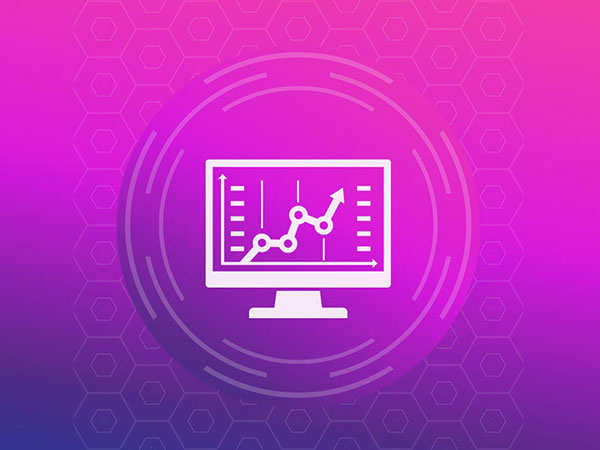



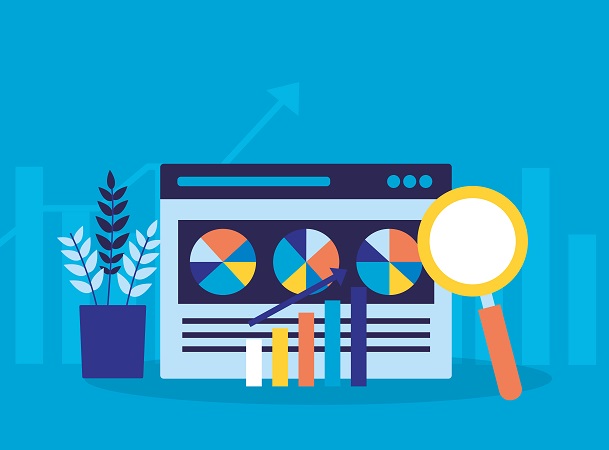
![7 data-driven ways to optimize your online store for mobile [Infographic]](https://crayondata.ai/wp-content/uploads/2019/11/optimize-1.jpg)


![Top tips and tricks to improving your customer experience [Infographic]](https://crayondata.ai/wp-content/uploads/2019/01/customer-journey-1.jpg)
